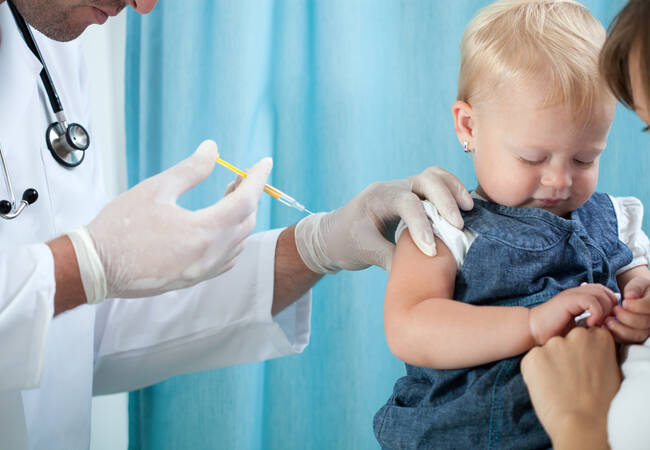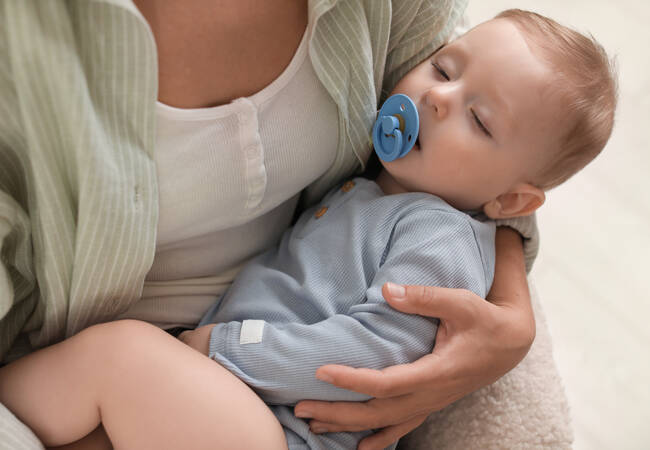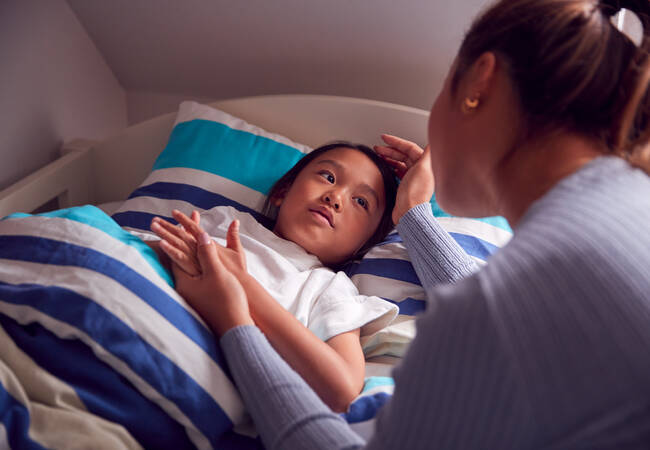- A major challenge for kids and teens with anxiety and depression is difficulty staying present in the moment, often worsened by social media use.
- Phones and constant scrolling detract from awareness of one’s own feelings and others’ emotions, reducing overall social and emotional wellness.
- Research suggests social media is not appropriate for children under 16, as it:
- Undermines real-life socialization (no eye contact, less in-person interaction).
- Consumes time that could be spent on healthy activities (homework, play, reading, family interactions).
- Promotes external validation (likes, followers) instead of internal self-worth—especially impacting young girls’ self-esteem.
- Unlike TV, social media is designed to maximize screen time, with little regulation for children’s mental health.
- Parents should manage social media like any other environment: know where kids are “going” online, decide what platforms are allowed and set consistent family rules.
- Some families may choose no social media before 16, supported by neuroscience of brain readiness, and can connect with like-minded parents to ease children’s “I’m the only one” arguments.
Social Media and Mental Health for Children and Teens
Excessive social media use can hinder children’s ability to be present, understand their emotions, and build self-esteem.

Caroline Christie, MSW, LICSW, Pediatric Psychiatry


